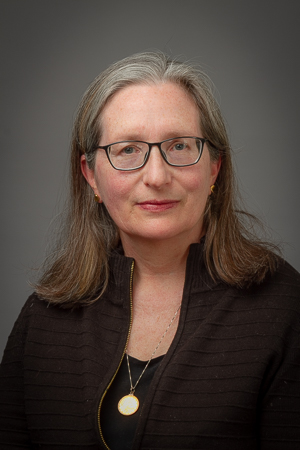Faculty Profile
Amy Farrell
Professor of American Studies and Women's, Gender and Sexuality Studies; James Hope Caldwell Memorial Chair (1991)Contact Information
Denny Hall
--
Bio
Amy E. Farrell is the James Hopes Caldwell Memorial Chair and Professor of American Studies and Women's, Gender and Sexuality Studies at Dickinson College. Her research focuses on representations of gender and feminism in popular culture, the history and representation of the body and fatness, the history of second wave feminism, and girlhood studies. She is the author of Yours in Sisterhood: Ms. Magazine and the Promise of Popular Feminism (University of North Carolina Press, 1998) and Fat Shame: Stigma and the Fat Body in American Culture (New York University Press, 2011), as well as the editor of The Contemporary Reader of Gender and Fat Studies (Routledge, 2023). Her newest book, on the history of the Girl Scouts in the USA, is forthcoming from the University of North Carolina Press in 2025. A frequent media commentator, Farrell has appeared on the Colbert Report and shared her research on national popular media, including Bitch, the New Yorker, Psychology Today, NPR, and CNN. From 2019-2020 she served as an American Council of Learned Societies Fellow, in 2021-22 as a Fellow at the Harvard Radcliffe Institute, and in 2023 she was awarded a National Endowment for the Humanities Summer Research Grant.
Education
- B.A., Ohio University, 1985
- M.A., University of Minnesota, 1988
- Ph.D., 1991
Awards
- Dickinson Award for Distinguished Teaching, 2005-06
